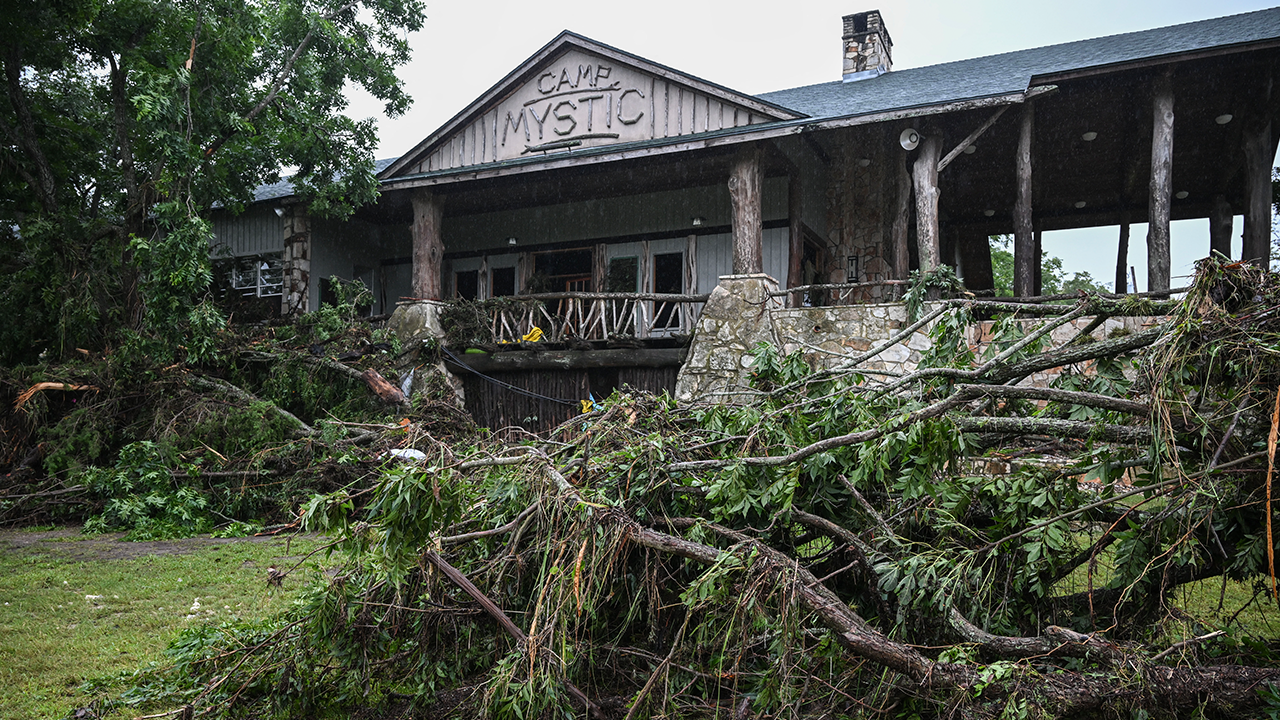As a former television news anchor, I had the privilege of telling the Kansas City region’s stories for decades. Few stories have been as enduring or as important to me and our community as the work of Harvesters — The Community Food Network and its efforts to address food insecurity. I covered the food bank almost since its founding in 1979, and have witnessed the organization grow into a lifeline for thousands of families across our region.
Over the years, I’ve seen Harvesters’ response to feeding people during natural disasters, economic downturns and public health crises. Through it all, Harvesters has shown up as a resilient, resourceful and resolute organization I am proud to support as a board member and volunteer.
But today, I fear the proposed $300 billion in federal funding cuts to SNAP, the Supplemental Nutrition Assistance Program, represents one of the greatest threats to food security our region has ever faced.
Hunger is not a distant problem — it’s right here in every county in our community. In recent years, the food insecurity rate in our region has increased and is now higher than it has been in a decade. We’ve gone from 1 in 8 of our neighbors facing hunger to 1 in 7. And it’s even worse for our community’s kids, with 1 in 6 children facing hunger. Rising food insecurity means more children going to bed with empty stomachs, more older adults making impossible choices between medicine and meals, and more families struggling to meet their basic needs. Rising food insecurity means more of our neighbors are turning for help to Harvesters’ network of food pantries, kitchens and shelters.
Harvesters and its network partners are already facing unprecedented challenges because of the rising cost of food, cuts to other federal programs and impacts on donations due to tariffs and economic uncertainty.
The $300 billion cuts to SNAP proposed by federal lawmakers are the largest in history and would cause millions of people to lose the just $6 per day per person in benefits that help stabilize their families. Without a single informational hearing, the House Agriculture Committee last week voted to change the structure of the SNAP program significantly. Changes would now require states to pay some of the benefits and more of the administrative costs.
Most states, including Missouri and Kansas, would not have the funding to do this. Work requirements would be added for the parents of young children over the age of 6, without any resources for childcare or transportation to make that feasible. These cuts are too much, too fast.
SNAP is a vital lifeline for neighbors in our region. It is a proven tool that helps working families, veterans, children, people with disabilities and older adults put food on the table while preserving their dignity. And SNAP is an extremely efficient driver of local economies, supporting local grocery stores and farmers. For every one meal a food bank like Harvesters provides, SNAP provides nine meals.
Food banks such as Harvesters cannot fill the gap that such drastic cuts would create. We need strong federal programs and the community-based charitable food system working together to solve the hunger crisis. We need our congressional leaders to support a balanced approach to the federal budget and to stand up for time-tested programs that help people stay healthy, employed and independent.
I urge you to join me in being a part of the solution by contacting your U.S. senators and tell them we can do better — and we must do better.
Phil Witt is a board member of Harvesters — The Community Food Network.











:focal(0x0:3000x2000)/static.texastribune.org/media/files/4c6099691217e164d56d6ad50827073d/0705%20Hill%20Country%20Flood%20BB%20TT%2028.jpg)



